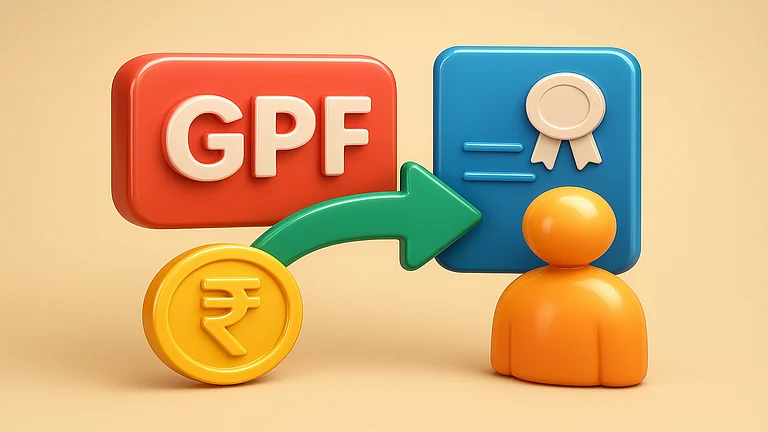If you think buying an insurance policy is as simple as paying a premium and in return getting the coverage, you should read this case which highlights a gap in-between. What if something were to happen in the time between you making the payment and receiving the official policy document? The question that arises here is, will your coverage start immediately, or can any delay in paperwork leave you unprotected?
For many policyholders, such grey areas are not something they would think about until they land in a similar situation. One such case made its way to the Supreme Court, which highlights the importance of understanding when insurance coverage truly begins.
What was the case?
A case shared by Beshak.org, an online insurtech platform, on social media platform X narrates a situation where an insurer refused to pay an auto insurance claim because the accident happened before the policy was issued, however, the premium amount was paid.
Om Prakash and Asha Rani lost their lives in a tragic road accident on April 11, 2027. When the grieving family filed a claim from their insurer, they faced a rejection.
The family took the matter to the Motor Accident Claims Tribunal (MACT), which, after investigation of the accident, asked the insurer of the tractor owner (who caused the accident) to pay compensation to the mother of Om Prakash and his daughter. The compensation MACT calculated was Rs 67,50,000 and Rs 8,70,000 with 9 per cent annual interest, respectively.
However the insurer refused to pay, arguing that the accident happened at 2:15 PM, while the policy was issued at 3:54 PM on the same day. The reasoning it gave was that at the time of the accident, there was technically no coverage.
The Tribunal paid heed to the insurer’s reasoning but ruled it out on the fact that the premium had been paid before the accident and, therefore, it should honour the claim.
However, the insurer challenged this ruling, termed the claim as ‘fraudulent’ and took the matter to Punjab and Haryana High Court and eventually to the Supreme Court after facing setbacks.
The apex court also posed two questions to the insurer;
- Was the premium paid before the accident?
- Is there any proof to prove the policy was obtained fraudulently?
The insurer admitted that the premium was paid instantly and that there was no evidence to show the policy purchase was fraudulent.
Based on this reply, the SC ruled in favour of the family, stating that once a premium is paid and accepted, coverage should not be denied simply because the official document was issued later.
What Are Key Takeaways For Policy Buyers?
This case is a reminder of an issue that many policyholders may not even consider, i.e, when exactly does coverage begin? Most insurers would say that coverage starts from the date and time mentioned in the policy document.
However administrative delays in processing and issuing policy can create confusion at the time of claims. Here is what every policyholder should do to avoid such issues;
- At the time of buying a policy, you must confirm the start date and time of coverage and ensure that your insurer clearly states this in the document.
- Keep proof of your premium payment(s). An official confirmation from the insurer would help you in case of disputes.
- Understand the policy issuance timeline from the insurers since some may issue it immediately while others may take longer due to verification processes.
- Get clarity on your coverage even during the waiting period. Ask the insurer directly whether you are covered from the moment you pay or after the document is issued.
What Are Key Takeaways For Policyholders?
Just like the case mentioned above, if an insurer denies your claim citing any gap between payment and policy issuance, here is what you can do;
- First and foremost, check if there is any clause mentioning waiting periods or delays in coverage activation on your end.
- If you feel the claim has been wrongly rejected, reach out to your insurer’s grievance redressal mechanism, where you can challenge claim denials.
- If this doesn’t give you justice, the next step is to reach out to the insurance regulatory body’s help desk, such as Bima Bharosa Portal or MACT (as mentioned in the case above).
- You can also take the legal route wherever necessary.
- Lastly, if the matter seems complex to you, reaching out to an insurance expert can also help you in navigating claim disputes.















